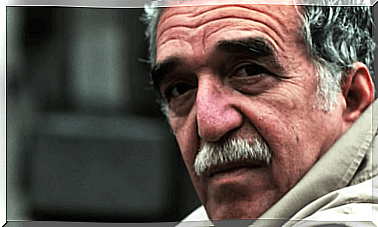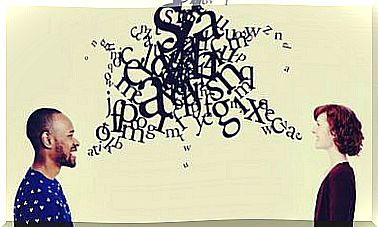Why Is It So Hard For Us To Change Our Mind?

We all know those people who have opinions to which they cling for many arguments that we give them to the contrary. If at first they have thought that something was in a way, you can make an effort to make them see the reality that you are not going to get them to change their mind. But why do they do it?
It is something we observe on a daily basis, but science has also noticed this fact. Thus, several experiments have been carried out to try to understand this phenomenon. Why do so many people stick to their beliefs and resist accepting obvious evidence that they are wrong? Why is it so hard to change your mind?
Experiments and beliefs
In 1975 a group of researchers conducted an experiment to examine what was behind this difficulty in abandoning beliefs. They gathered a group of people and gave each a suicide note. Some of those notes were true and some were false. The examinees were told that each one had to decide whether the note they had received was authentic or not. Those who got it right would test their capacity for empathy and their social sensitivity.
Researchers falsely told some of the test takers that they were correct, while others were assured that they were unsuccessful. Later, they were told the truth: some of those who were supposedly right were actually wrong. And vice versa.
What is surprising about the experiment is that those who were initially led to believe that they had succeeded continued to believe that they had the ability to discriminate between false and true notes, even though it was revealed that it had all been a hoax. The same happened with those who had falsely been wrong and were actually right.
In other words, those investigated showed that once they had formed an idea in their mind about their own success or failure, they persisted in that belief even if the evidence showed otherwise.
Why are beliefs so persistent?
Everything seems to indicate that people cling to initial evidence. These provide them with information that allows them to develop a kind of programming, or mental script, and then it becomes almost impossible to modify that perception of the beginning.
It seems that we have a hard time reconsidering or questioning our own beliefs. To such an extent that we refuse to give credit to the evidence that we are wrong.
Carl Sagan himself, known worldwide for the series “Cosmos”, related in “The world and its demons” a revealing anecdote. He says that once in New York he took a taxi and the driver recognized him excitedly. His first question was whether he believed in UFOs, to which Sagan replied that he did not. The taxi driver became confused and ended up cutting off the conversation abruptly. With his attitude, he basically showed that he gave more credit to what he had read or heard about aliens, than to what one of the most important astrophysicists in the world could claim.
Perhaps we obsessively cling to our beliefs because they allow us to navigate life without having to face uncertainty. Perhaps we believe only in that which produces some form of emotional or narcissistic gratification. It is possible that we stubbornly believe what we believe, because otherwise we would feel like lost and barefoot children, at some point in infinity.
Image courtesy of ARTEMENKO VALENTYN









